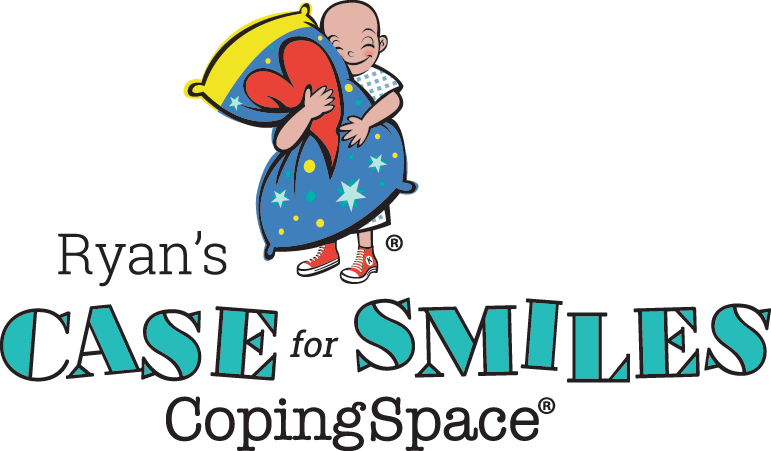SCHOOLS
When a student has a serious illness or injury, schools have an important role. Some must be out of school for an extended time, and school personnel are essential in helping to promote ongoing academic learning and emotional recovery.
When a student has a serious illness or injury, schools have an important role. Some must be out of school for an extended time, and school personnel are essential in helping to promote ongoing academic learning and emotional recovery.
 Teachers, as well as school nurses, guidance counselors and other school staff, all have an important role in helping students and families manage this challenging time and maintain academic and social development.
Teachers, as well as school nurses, guidance counselors and other school staff, all have an important role in helping students and families manage this challenging time and maintain academic and social development.
What School Personnel Can Do to Help
- Maintain open communication with the student’s parents or caregivers.
- Be sensitive to the needs of siblings or other children from the family who are able to attend school. (See tips below about managing stress and behavior changes in the classroom, many of which will apply to siblings as well.)
- Be prepared to talk with classmates about the student who has an illness or injury, disclosing only information that has been agreed upon with the family.
 Teachers, as well as school nurses, guidance counselors and other school staff, all have an important role in helping students and families manage this challenging time and maintain academic and social development.
Teachers, as well as school nurses, guidance counselors and other school staff, all have an important role in helping students and families manage this challenging time and maintain academic and social development.
What School Personnel Can Do to Help
- Maintain open communication with the student’s parents or caregivers.
- Be sensitive to the needs of siblings or other children from the family who are able to attend school. (See tips below about managing stress and behavior changes in the classroom, many of which will apply to siblings as well.)
- Be prepared to talk with classmates about the student who has an illness or injury, disclosing only information that has been agreed upon with the family.
When the Student Returns
Upon returning to school after an extended absence, the student may have difficulty transitioning back. This time can be stressful as they try to juggle all that has happened, as well as focus on schoolwork.
- Understand that there may be a change in behaviors such as regressing or acting out. While not all students will have behavior changes, it is important to understand what might be behind them. You can learn more about what to expect on our Children page.
- Make accommodations in classroom routines and expectations, if necessary. If a child has been out of school for an extended period of time then they may need a little help readjusting to a structured day.
- Respect the student’s feelings and decision about whether to speak about their illness or injury.
Assessing Returning Students
When a student returns after a long absence, it’s important to monitor their social and emotional health, as well as academic performance. Here are some helpful questions for teachers to ask. (Many of these will also apply to the siblings of a seriously ill child.)
- Do you feel that this child is transitioning well back into the classroom? Have you observed any specific challenges since the student returned?
- Does the student actively participate in class discussions? Have you noticed a change in his/her interactions in the classroom since before his/her illness or hospitalization?
- Do you see a difference in peer relationships since returning to school? Has the student attempted to re-establish friendships with peers? If no, what can you or other school staff do to help facilitate this?
- Have you noticed a decline in grades or the timely completion of assignments?
- Is the student having problems focusing, staying still or following directions?
- Has the student’s behavior changed since returning to school? If yes, how?
If your assessment is that the student is struggling with aspects of their return to the classroom, reach out to the family, as well as the principal or the guidance counselor, for additional assistance.
For middle and high school students, make use of teaching team meetings to compare notes across multiple subjects. It may be useful to designate a point person for contact with the student and family. This could be the student’s homeroom teacher, academic advisor, or another teacher with a good connection to the student.

